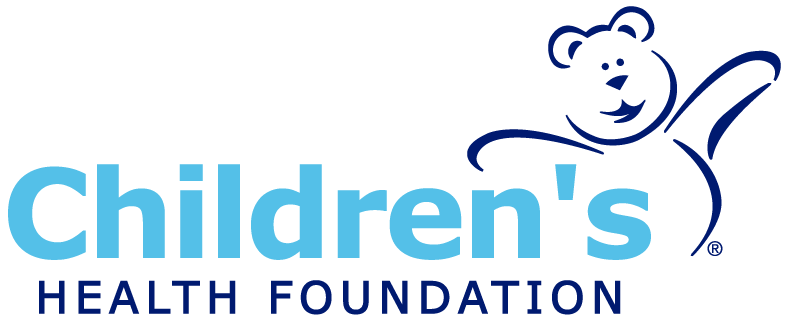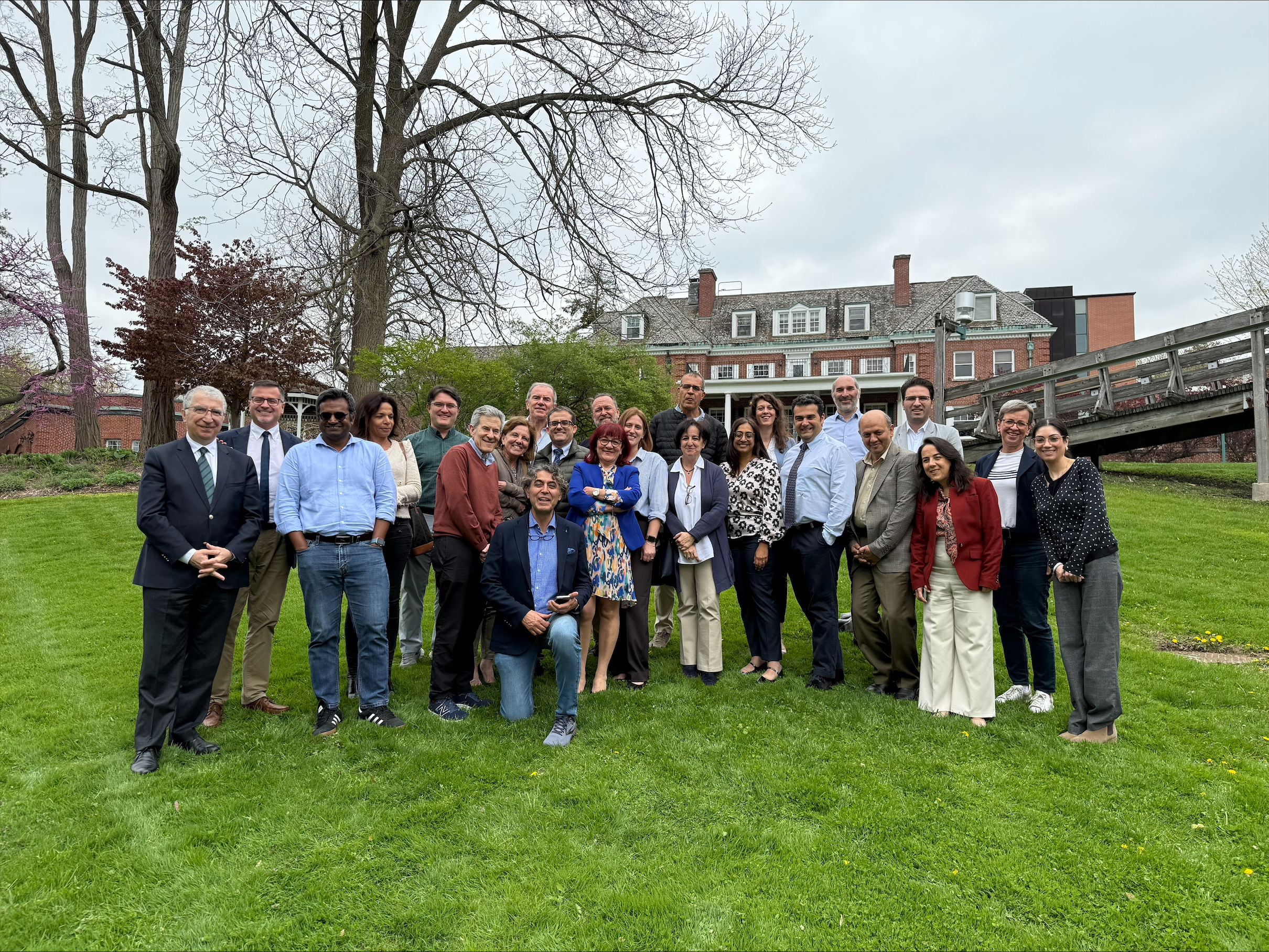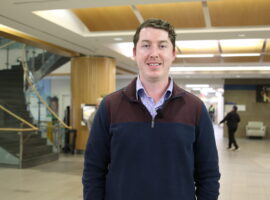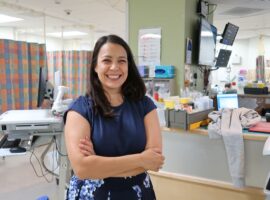Children’s Hospital and Children’s Health Research Institute Host Global Meeting on a Rare Childhood Disease.
Behçet’s Disease is rare everywhere. In children, it’s even more uncommon, but when it does occur, it can be devastating.
This complex inflammatory condition can affect the mouth, skin, eyes, blood vessels, brain, joints, and gastrointestinal tract. Symptoms often emerge slowly, making it hard to recognize early.
Left untreated, Behçet’s can lead to serious and permanent complications. For children and families living with this disease, getting a diagnosis can take years.
Many doctors may never encounter a paediatric case. And even among specialists, paediatric Behçet’s is easy to confuse with other rare genetic conditions
World-class experts in Behçet’s came from around the world to collaborate, including – but not limited to – clinicians from:
- Canada
- Chile
- Germany
- France
- Türkiye
- Italy
- Iran
- Israel
- Saudi Arabia
- United Kingdom
- United States
As Professor Ahmet Gül, one of the most recognized experts in Behçet’s disease, and President-elect of the International Society for Behçet’s Disease, explains: “There is still no single test for Behçet’s. Diagnosis requires careful clinical judgment, and unfortunately, that level of expertise isn’t always available.”
Complex, rare diseases like Behçet’s require intense collaboration.
World-class clinicians learning from one another is the primary way to bring hope to children and their medical teams as they face rare diseases.
And that hope, lives right here at Children’s.
Since 2020, Children’s Health Research Institute (CHRI) Scientist and Western University Professor Dr. Erkan Demirkaya has led two Behçet and Autoinflammatory Disease Clinics at Children’s Hospital and St. Joseph’s Hospital, which he is grateful to the Academic Medical Organization of Southwestern Ontario for funding. These world-class clinics make Children’s Hospital and Western University perfect partners to further paediatric Behcet’s research.
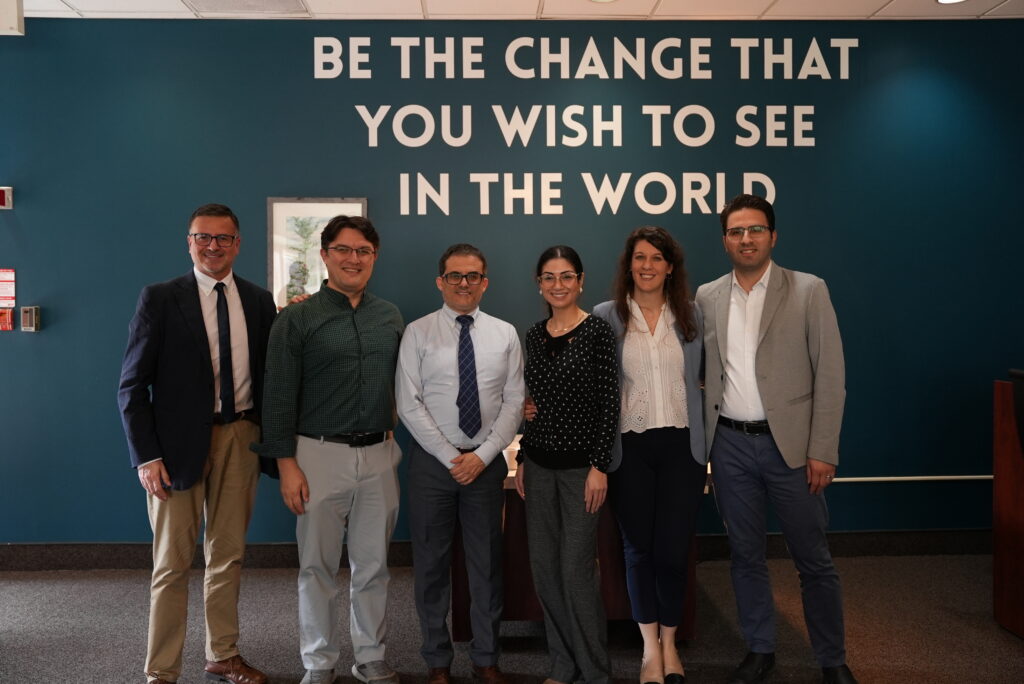
This spring, Children’s Hospital and CHRI, in collaboration with Western University, hosted an international gathering to address gaps in care for Behçet’s.
Led by Dr. Erkan Demirkaya, Dr. Micol Romano, and Research Coordinator Natalie Zitoun, the event brought together paediatric rheumatologists, ophthalmologists, neurologists, and other experts from more than a dozen countries.
The gathering was championed by the Department Head of Paediatrics at Children’s Hospital, Dr. Craig Campbell, and jointly funded by Children’s Hospital and Western University.
The meeting focused on sharing clinical experience, reviewing available evidence, and building a stronger foundation for diagnosing and managing Behçet’s in children.
Professor Ilknur Tugal-Tutkun, a world-renowned ophthalmologist, spoke to the urgency of the work: “Paediatric Behçet’s is extremely rare. But when it happens, it can cause vision loss in both eyes, even at a young age. If not recognized and treated early, children can go blind.”
She added that international collaboration helps ensure that in regions where Behçet’s is less familiar, doctors can recognize and respond to it: “In Turkey, we see it regularly. But in many countries, a clinician might see one or two cases in their whole career. Sharing our knowledge helps prevent misdiagnosis and delays in care.”
Professor Seza Ozen, President of the European Paediatric Rheumatology Society, highlighted why the meeting was so meaningful for the pediatric community: “Even paediatric rheumatologists aren’t always confident managing Behçet’s. These kinds of recommendations can really help guide care. We’ve learned a lot from our experience in Turkey, and it’s valuable to share that globally.”
The gathering also included perspectives from patient and nursing representatives, along with research methodologists. These world-class health care professionals worked to ensure their collaboration reflected not only science but also lived experience and real-world clinical needs.
While the details of this group’s work will be published at a later date, the spirit of the meeting was clear: collaboration is key to improving care for children who face rare diseases like Behçet’s.
Children’s Health Foundation and Western University are proud to fund this important work. Thanks to their commitment to garnering our community members’ generosity and the dedication of experts from around the world, London, Ontario, is essential to this global effort in bringing hope to our children.
As Professor Tugal-Tutkun put it: “It only takes one case for a child to lose their vision. This work helps make sure the next doctor who sees that child knows what they’re looking at, and how to help.”
Thanks to international collaboration and community generosity, hope lives at Children’s.
